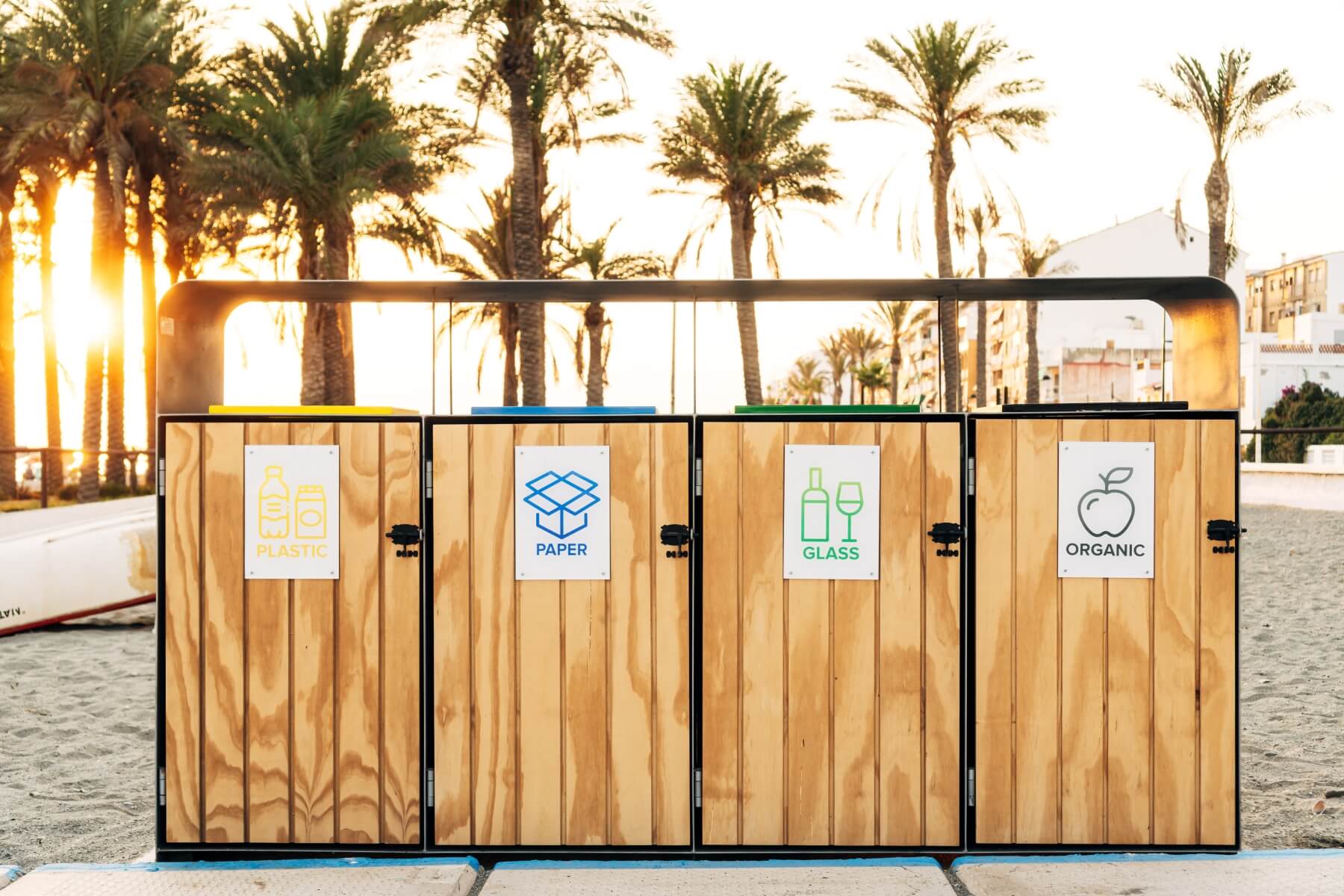Due to the EU packaging waste directive, each member state has enforced their own laws that govern the recycling of packaging. The packaging law in Spain in particular comes with special characteristics that differ from those of most other countries. Knowing about these distinctive regulations is just as important for non-Spanish e-commerce sellers that ship products directly to Spanish consumers (b2c e-commerce). In this article we’ll explain what you need to know when selling physical products in Spain.
Update September 2023:
In addition, there have been some drastic changes due to the amended Packaging Regulation 1055/2022 in 2023. We will also inform you about this.
Special characteristics of the packaging law in Spain
No matter if Spanish company or foreign e-commerce seller: If you sell (packaged) products to consumers in Spain, you have obligations from the Spanish packaging law. This goes for Amazon FBA just like for those who sell on other platforms or operate their own online store. Similar to Germany or France, obligations for packaging recycling arise from the first product sold on the market. However, the packaging law in Spain has some distinctive features that differ from other countries. Here is what you must know about when selling products to Spanish consumers:
The Green Dot in Spain
The well-known Green Dot trademark used to be mandatory on packaging marketed in most European countries. Since the recycling schemes opened for competitors, the Green Dot scheme lost its monopoly and obligations to print the trademark on packaging disappeared. Since 01.01.2023 also in Spain. It can now also be used voluntarily with the appropriate licence. This is free of charge and applies to all European Countries that do not have their own green dot system. More information can be found here.
High minimum fees for fulfilling the Spanish packaging law
Compared to other countries, recycling-fees in Spain are very high. Especially SMEs and (foreign) businesses that sell low quantities in Spain can barely afford the Spanish packaging license.
Special recycling-obligations for glass packaging
Another distinct feature of the Spanish packaging law: There is a separate recycling scheme for glass. If you sell products in glass bottles via e-commerce (packed in a paper box), you need to join to separate recycling schemes to be compliant with the packaging law in Spain. E-commerce sellers of cosmetic products, or shops that sell wine or other beverages are often affected by this specialty.
Updates on the Packaging Law Spain September 2023
In Spain, it is obligatory to take care of the recycling of the packaging you put into circulation and to participate in a recycling system. However, due to the Packaging Regulation 1055/2022, it is not possible to register and license your packaging without a Spanish office and tax number.
Accordingly, you need a Spanish authorised representative.
Additionally:
- A NIF and an electronic certificate which contains this NIF is required for tax transactions.
- Your authorised representative must submit the declarations to the recycling system and producers’ register.
The NIF is the Spanish tax number that companies doing business in Spain need.
The NIF is the Spanish tax number required by companies doing business in Spain. In order to apply for a NIF, the manager or the person(s) registered in the commercial register need their own NIE. The NIE is the tax ID for a natural person NIE=Número de Identidad de Extranjero.
You can only comply with your EPR obligations in Spain by participating in a recycling system and reporting your packaging quantities on a regular basis.
For the year 2022, the deadline for quantity reporting is 31.10.2023.
For companies that have already placed packaging quantities on the market in Spain in 2021, an additional quantity reporting period has been announced by the Ministry.
In addition, an authorised representative is also required for reporting retrospectively.
Spanish packaging law: A guide for e-commerce
If you want to ship to Spain in compliance with the law, there is no way you can avoid obtaining a packaging licence and authorisation in Spain. As the licensing of your packaging is obligatory, we strongly recommend that you take care of an authorised representative, your NIF and regular quantity reports.
Are you looking for an easy way to get compliant with the packaging law in Spain or in other countries?
We offer the first Europe-wide digital consulting service. On top of an individualized compliance-analysis and easy to follow step-by-step guides, you will also get recommendations for local recycling schemes as well as (English-speaking) contacts in every country.
Picture: MAOIKO / Shutterstock.com
Share this article:
You can also find further information on international packaging laws on our blog:
Packaging law in France: a guide for e-commerce
The Triman Logo: Obligations for e-commerce in France
EU packaging waste directive implications for e-commerce
